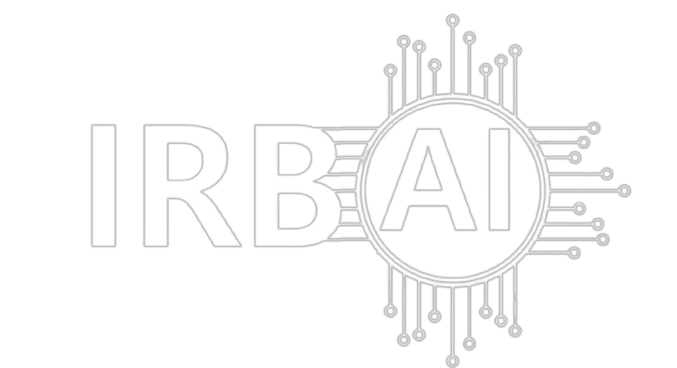Guiding Organizations Toward Responsible AI Practices
Regulatory Compliance Frameworks
We provide clear, actionable advice on how your AI systems can meet regulatory requirements. Our experts will help you navigate complex laws and standards, ensuring your solutions are compliant from development to deployment.
Independent Audit Readiness Resources
We offer structured self-assessment tools and audit preparation checklists to assist organizations in documenting their compliance efforts. While we do conduct direct audits, we also establish clear benchmarks for third-party auditors to assess compliance.
Educational Programs and Industry Awareness
We facilitate public workshops, webinars, and training materials to help organizations stay informed about AI regulations, ethical considerations, and evolving standards. These programs are open to all and designed to promote broad awareness.
Risk Assessment and Mitigation
We work with your teams to identify potential risks in your AI systems, such as biases or security vulnerabilities, and provide strategies to mitigate them.
Our reports and findings inform policy adjustments and help organizations align with regulatory expectations.
Frequently asked questions
Who needs to comply with AI regulations, and how do they apply to different industries?
AI regulations apply to businesses and organizations that develop, deploy, or use AI-based systems, particularly in sectors such as healthcare, finance, transportation, and security. Requirements may vary based on risk level, with high-risk applications subject to stricter oversight.
What does compliance with AI regulations involve?
Compliance includes ensuring AI transparency, accountability, fairness, data protection, and security. Organizations must document AI system design, conduct risk assessments, mitigate biases, and adhere to sector-specific standards to maintain regulatory alignment.
Does the regulatory body provide direct consulting services for organizations?
No, as an independent regulatory authority, we do not provide direct consulting services. Instead, we offer publicly available guidelines, compliance frameworks, and industry-wide best practices to help businesses navigate AI regulations.
How can organizations prepare for audits and demonstrate compliance?
Businesses should maintain thorough documentation of AI system development, risk assessments, and mitigation strategies. Compliance self-assessments, external audits, and adherence to internationally recognized standards help demonstrate regulatory alignment. We provide compliance checklists and industry guidance to support preparation.
What training or educational resources does the regulatory body offer?
We provide open-access workshops, webinars, and online resources to educate businesses on AI regulations, ethical considerations, and best practices. These programs aim to increase awareness and improve regulatory understanding across industries.
Why is regulatory compliance important for AI businesses?
AI compliance ensures legal certainty, builds trust with consumers, mitigates ethical risks, and prevents potential fines or reputational damage. By following regulatory guidelines, businesses can enhance transparency and reliability in AI systems.
What are the penalties for non-compliance?
Penalties vary based on the severity of non-compliance, ranging from corrective actions and fines to restrictions on AI deployment and export control. Repeated violations or severe breaches, such as AI-driven discrimination or privacy violations, may result in stricter enforcement actions.
How does the regulatory body work with third-party auditors or industry groups?
We establish compliance benchmarks and frameworks that independent auditors use to assess AI systems. We use third parties for certain aspects of compliance monitoring, certification, and enforcement. We also collaborate with industry groups, academia, and international bodies to align regulatory efforts and enhance AI governance.
What are the penalties for non-compliance?
Our services are scalable and designed to meet the needs of both startups and established businesses across industries.
How do you ensure alignment with global AI standards?
As the international regulatory authority for AI, we establish global governance principles that set the foundation for AI compliance, ethics, and safety. Our frameworks serve as the basis for national and regional regulations, ensuring consistency and interoperability across jurisdictions. We collaborate with international organizations, as well as national regulatory bodies, to create harmonized standards that promote responsible AI innovation while safeguarding human rights, privacy, and security.
Set up your IRBAI account and manage applications and certifications
IRBAI Services allow members to manage registration applications, certifications and audit verifications
